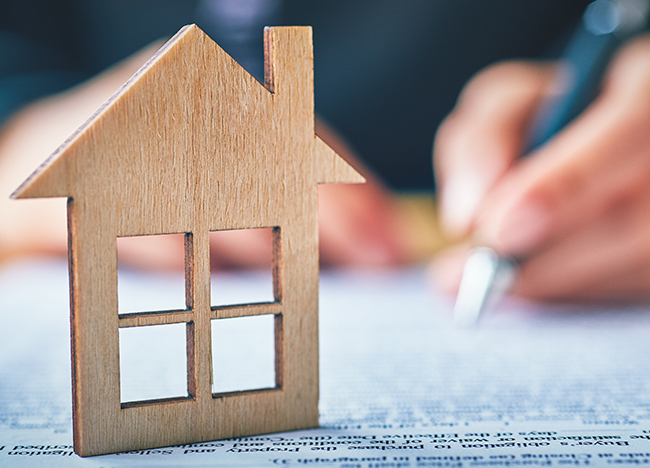Every home has unique special features and challenges, and sometimes, the most beautiful areas have associated risks. Ocean views can also come with hurricane warnings. Large open land and big skies can bring a risk of tornados. Hills and valleys by rivers can pose flooding opportunities, and rolling timbers can pose a risk of wildfires.
Though a challenge, you don’t need to cross in an area prone to natural disasters. If the good outweighs the risk and the risk is low, you can make a home in these areas. Just make sure to protect yourself and your property from your unique situations. Don’t put yourself at risk while enjoying the area. Keep reading to learn what to do if your home is in a natural disaster-prone area.

1. Check Home Insurance Coverage
Before buying, look at the area and see the potential for natural threats. If a tornado, hurricane, or earthquake has hit the area several years in a row, maybe keep looking. Some natural disasters are freak occurrences. Others seem to happen with statistically frequent timing. Be informed and do your research.
Suppose you-you’re on buyibuyingyou’reestomeowners insurance quote before making an offer. The agent might note that you’re flooded plyoplyou’red, which could be why they can’t nurture the procprocan’t’sIt’ster to have It’sIt’stheormation upfront. If you decide the property is for you, know what kind of insurance you need. Some areas require additional flood, tornado, or hurricane riders.
2. Prep Your House
Preparation and planning are the game games when you live in an area prone to natural disasters. Making decisions during an emergency is hard, so have a plan before one strikes. That way, you can execute that without extra stress. If you live in a hurricane zone, have boards for your windows. If you are, wiyowiyou’requentnadoes have a safe place designated to ride out the storm, like a cellar or basement.
When storms are predicted with heavy winds, store outdoor items that could blow away and cause damage. If your area floods easily, keep gutters cleaned and downspouts working to move water away from your homehome’sndation. This helpful tip is for dry areas prone to wildfires as well. Keep vegetation off your roof and out of your gutters, as it can serve as kindling to help fires spread. Be sure to cut down and clear out dried branches and brush near your home.
3. Stay Informed
You may choose not to watch the news or care for current events for many reasons. Following sports teams and trends might not be your thing, either. But one thing you can’can’tord to ignoignocan’t weather. Stay informed on predictions for your area so you can plan accordingly as a homeowner. Even for things as simple as rain, knowing how to plan your yard work is good.
If a big storm is predicted, you can have a warning to prep your house and put away lawn furniture. If thunderstorms with hail potential are expected, you know to try to park your cars in the garage or under cover. Unexpected frost warnings let you know to cover a spring garden. Sign up for local alerts with your news station and weather service. Get a battery-operated weather radio to stay informed even if the power goes out.
4. Have an Emergency Kit
Stocking and ready emergency kits can be a lifesaver when disaster strikes. Make sure you have plenty of water and food stored away. That means a couple of gallons of water per person and non-perishable foods. Think canned goods, protein bars, applesauce, pasta, and dehydrated meals. But also make sure you have everything you need to prepare these items. You don’t have ado’s worth of cancanncannweek’slshoutcan opener.
In addition to an emergency kit at home, create a go-bag. Have a few extra outfits, deodorant, toothbrushes, and shoes packed in case you need to leave the area suddenly. Know where your important documents are, like birth certificates. You can add those to your go-bag when an alert happens and keep it with you. Throw in your keys and wallet as well.
5. Connect with Neighbors. Going further, Andretti, and getting your neighbor interested strikes; it takes a village to assemble the pieces. Connect with your neighbors and make a plan. Call them if they are out of town and let them know your area is at risk. Know who your elderly neighbors are since they may need help. Check on them if the weather gets too severe.
Coming together as neighbors can increase everyone, and not everyone has a basement, work together to create a central gathering place. You could offer your basement to the folks across the street to pass the storm safely. Working together can make everyone feel less alone and give support during scary disasters.
As is the way with most things in life, preparation and a plan is key. Take time to understand and research your area. Learn how alerts come out and the likelihood of an event. Following the tips above can set you up for less stress if disaster strikes. DonDon’Don’tveuyouryourselfDon’tsedherthere’ssu cancantcanthere’skeeprmily and your property safe.



